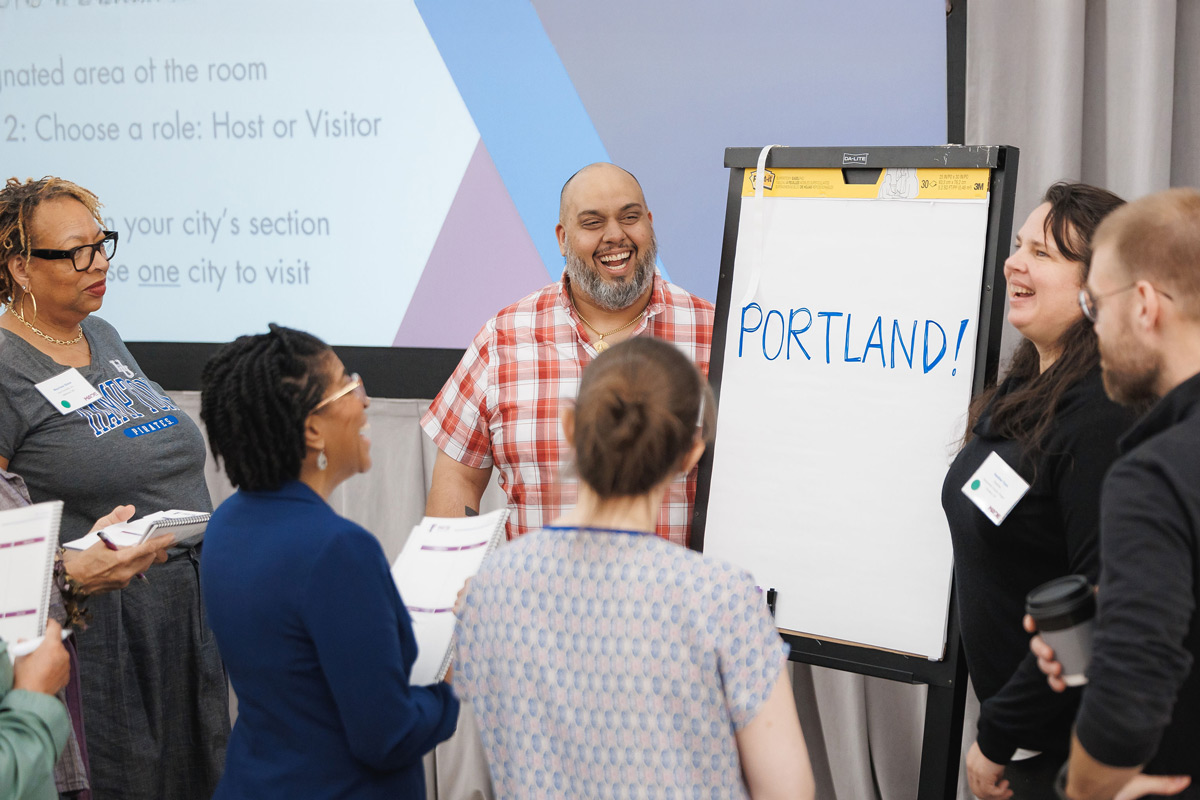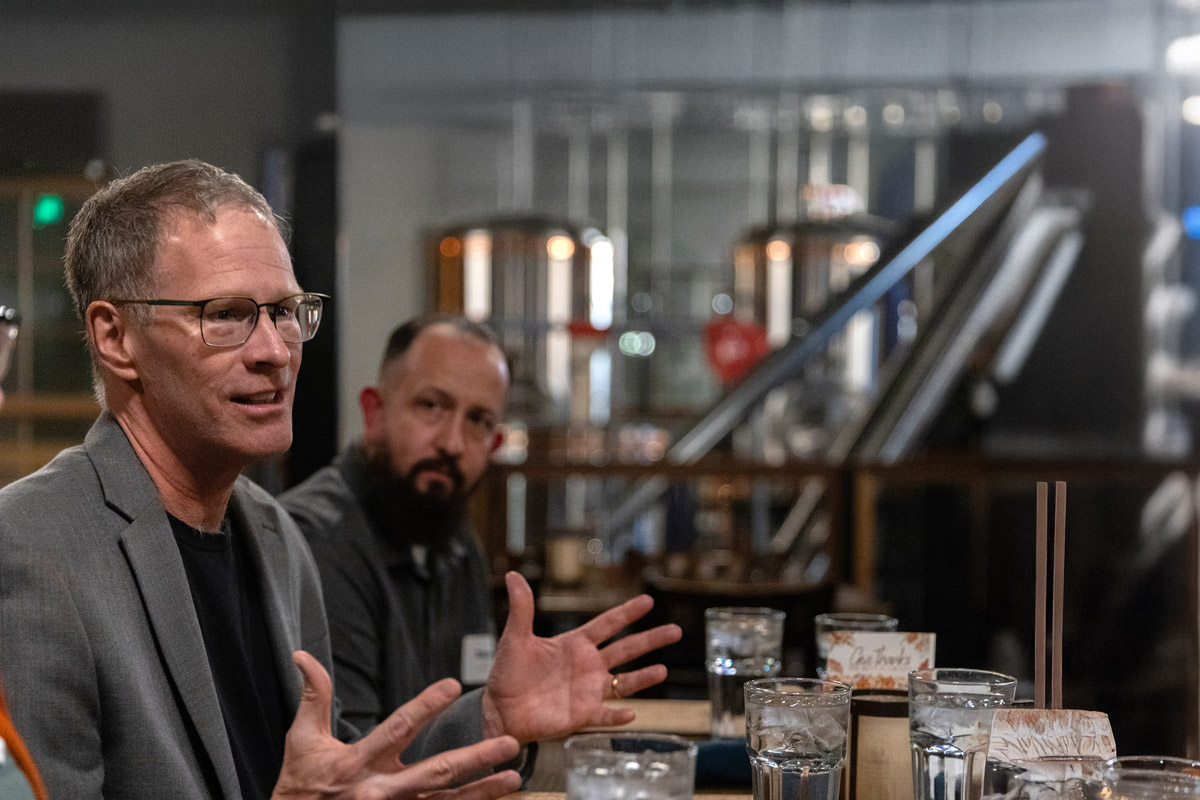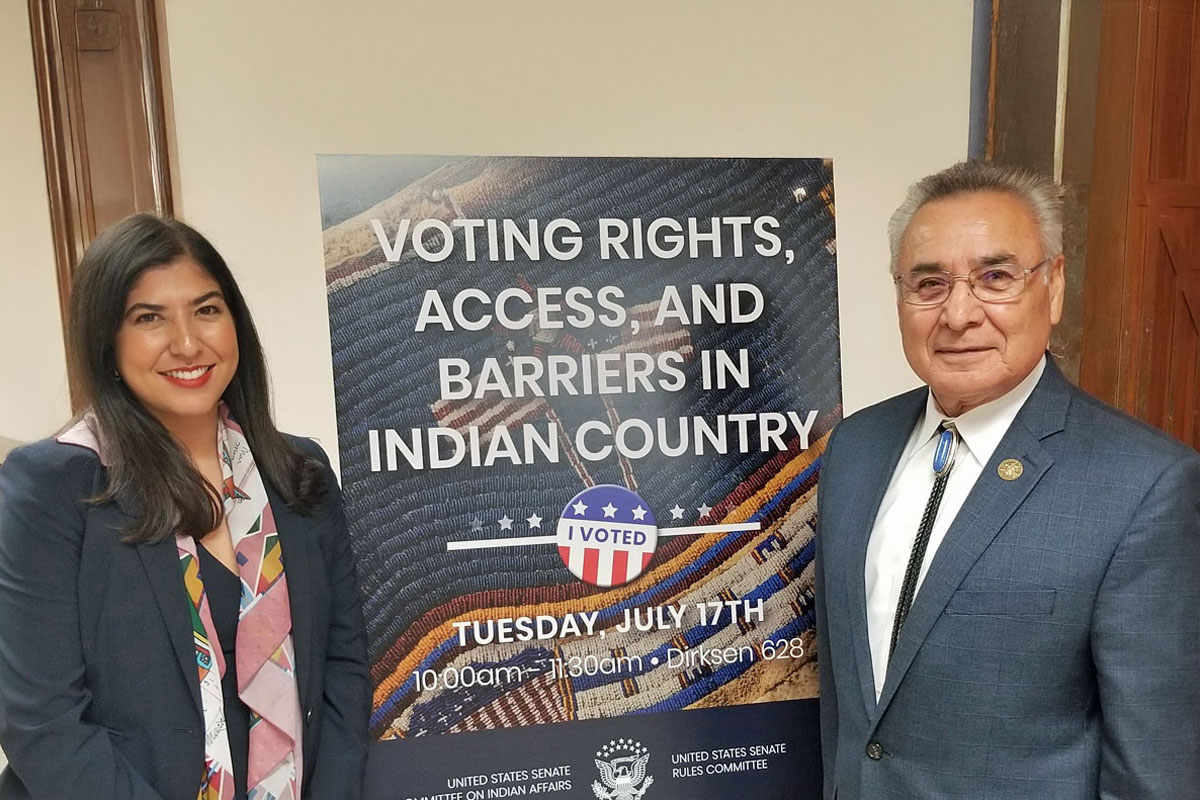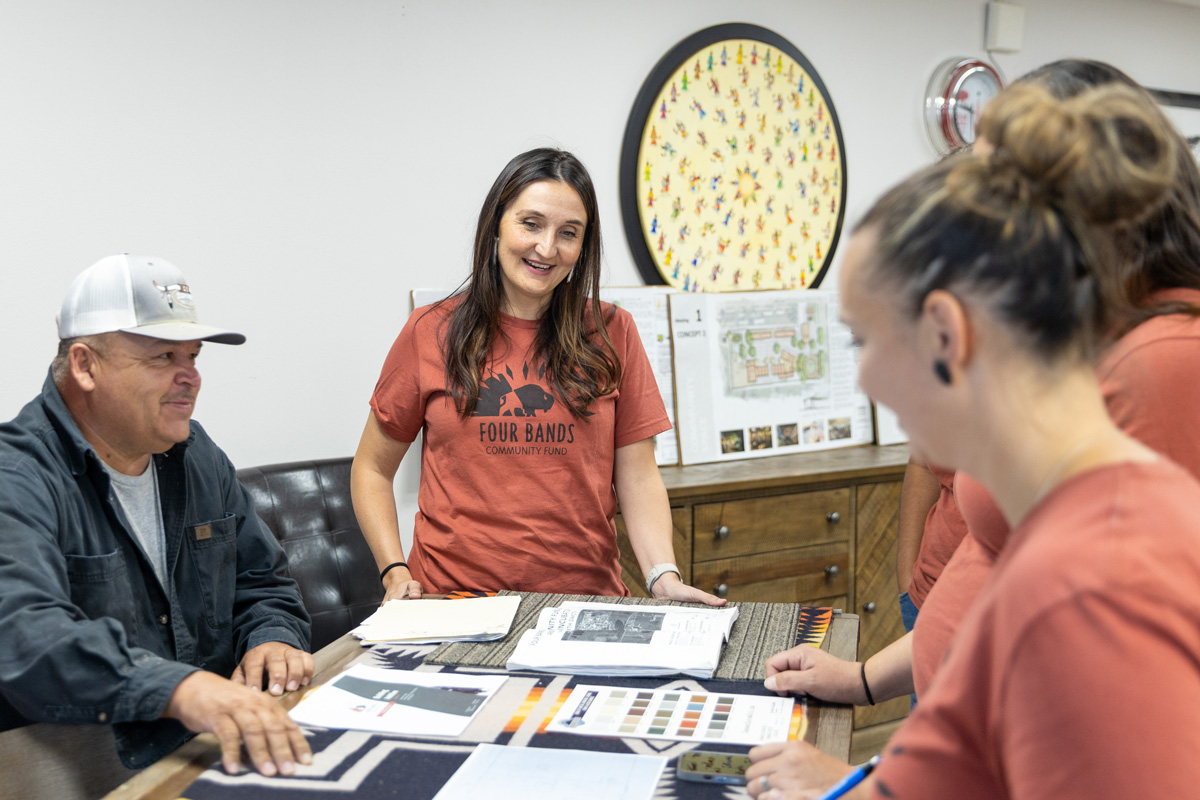“When community leads, when communities’ lived experience is the most important data for decisions, we get to better outcomes much faster.”
Dr. Andres Lopez
Research Director, CCC

CCC staff relax with steering committee members from MADE for Health Justice after designing business process documentation with the Public Health Informatics Institute (CCC’s technical assistance providers). Photo courtesy of CCC.
Data justice means truly centering community members’ lived experience by gathering, aggregating, and relying on it for making decisions and taking action.
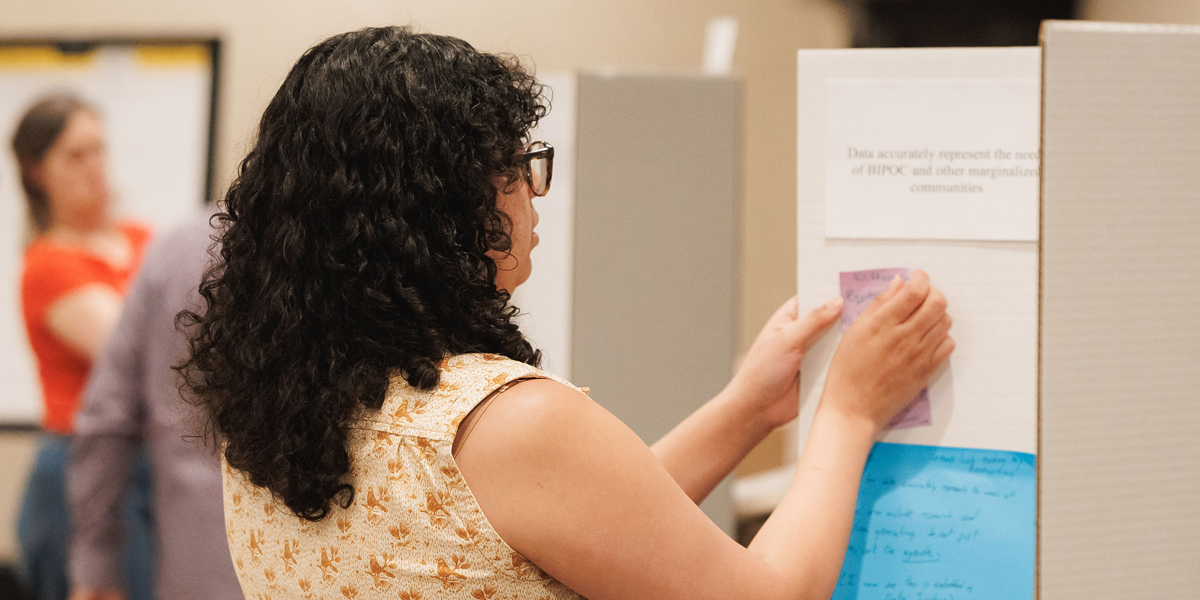
CCC data manager Khanya Msibi adds to a community discussion board at a partner convening. Photo courtesy of the deBeaumont Foundation.

Image designed by CCC’s data manager Khanya Msibi and climate and health coordinator Santi Sanchez, provided courtesy of CCC.
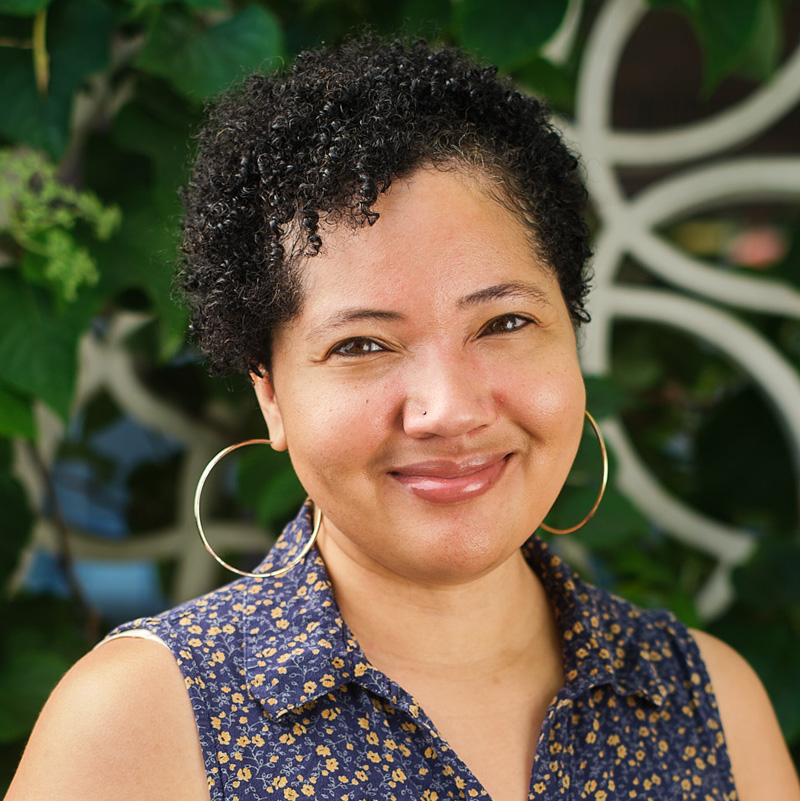
“Climate and environmental justice can seem abstract. . . . [But] it’s really about people’s everyday experience of the world around them, e.g., safe water, heat waves, or weatherization. Then people can think, ‘Oh, OK. I do actually know about this, and I have something to say.’”
Taren Evans
Environmental Justice Director, CCC

Malena Lechon-Galdos, digital community builder with Suma, shows a community member how to use a community-built payment app that helps low-income households save money on essential expenses like food, transportation, and utilities. Photo courtesy of Suma.
“When we start sharing and really looking at data from a larger perspective, that’s when to deploy it toward policy and infrastructure changes our communities need.”

